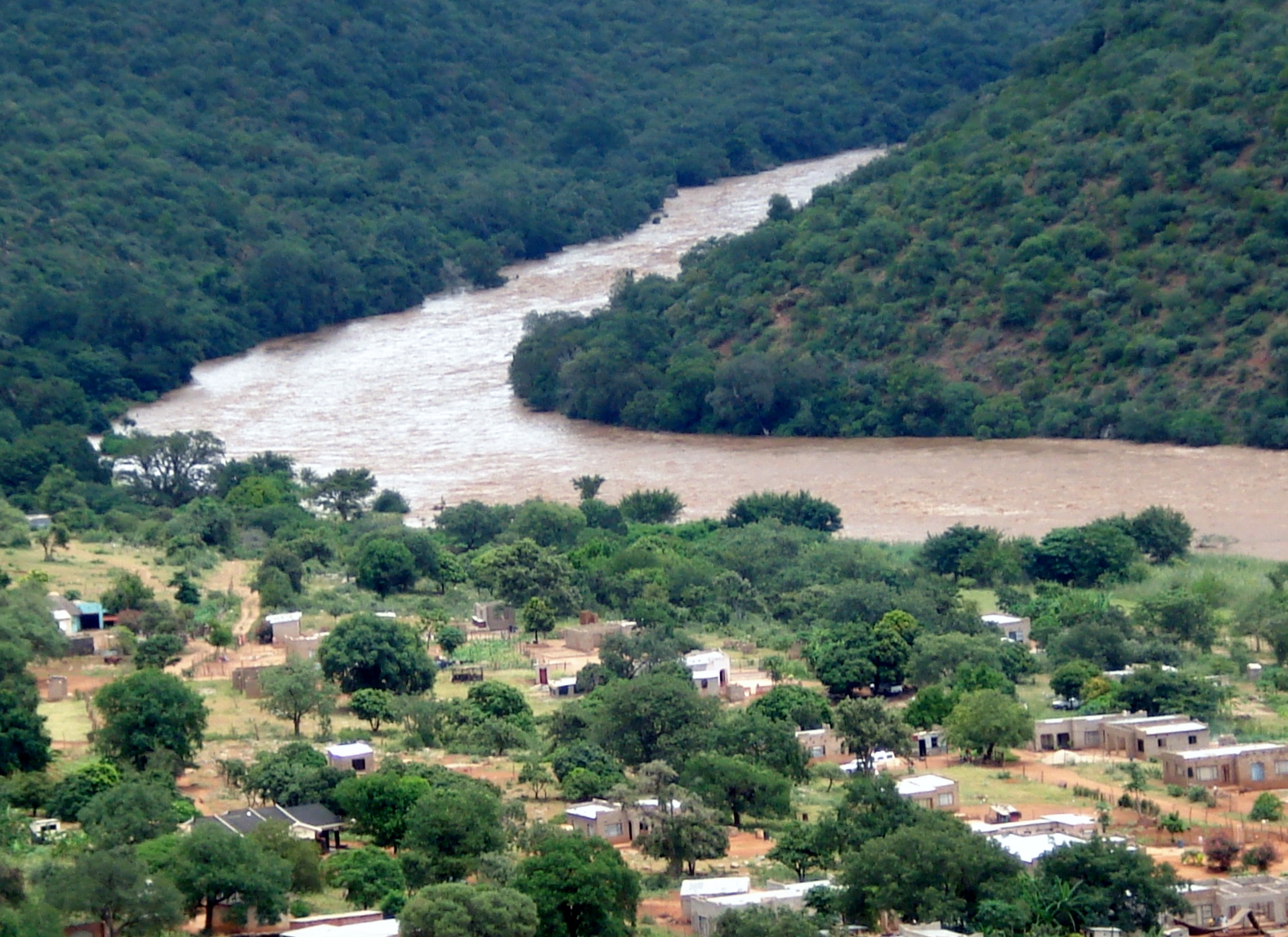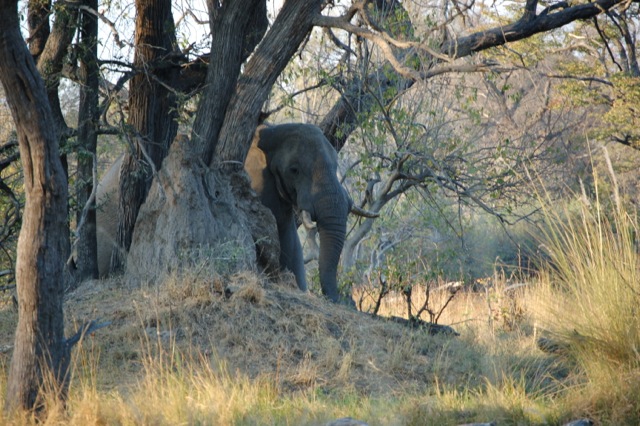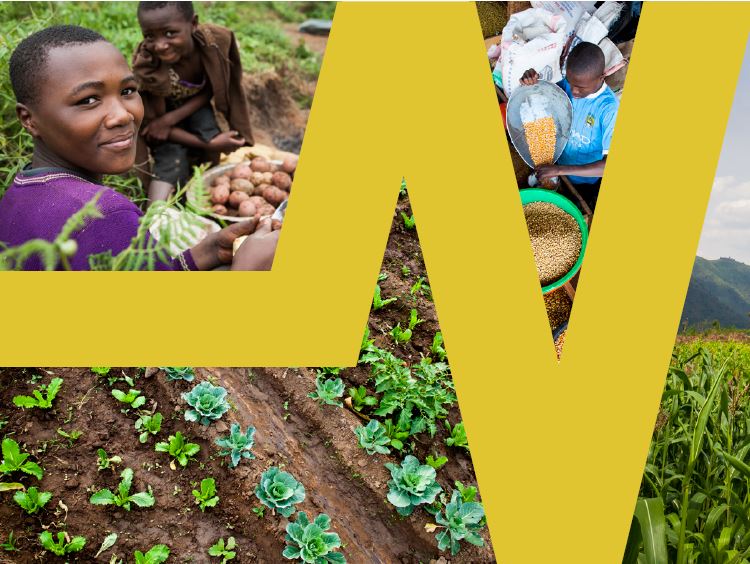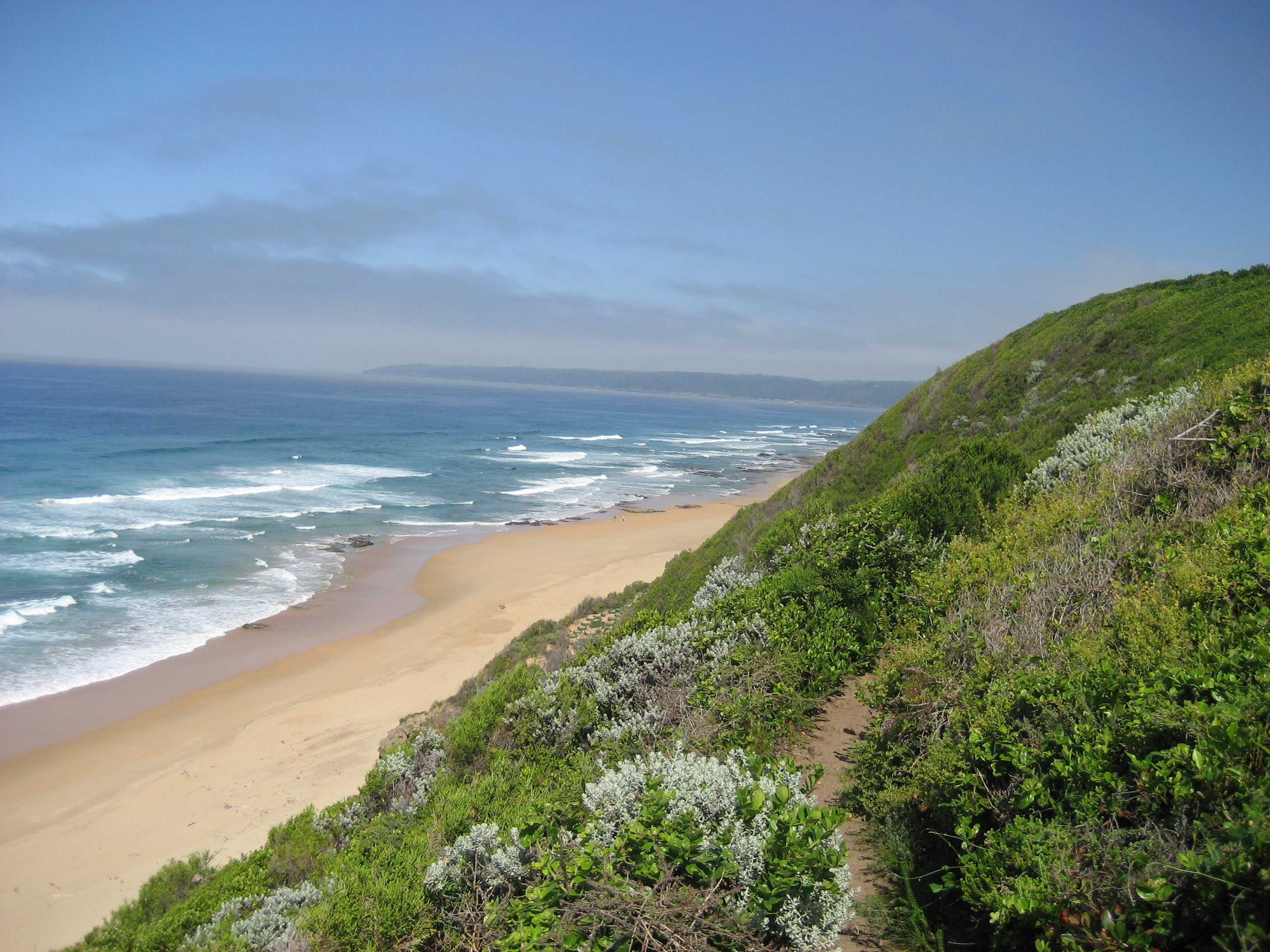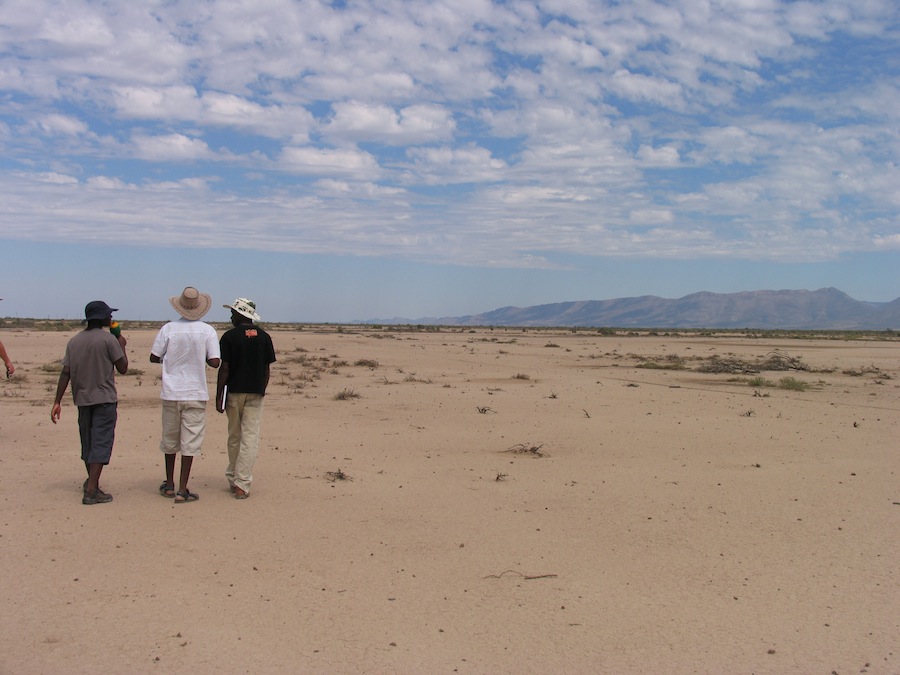Resilience in the Olifants Basin (RESILIM-O)
RESILIM (Resilience in the Limpopo Basin) is a five year USAID-funded program running until the end of 2017, aiming to enhance resilience in catchment communities to climate and environmental change and to improve biodiversity outcomes, with a special emphasis on building capacity. An important focus within RESILIM is trans-boundary governance, in the broadest sense of the word ‘boundary’.


